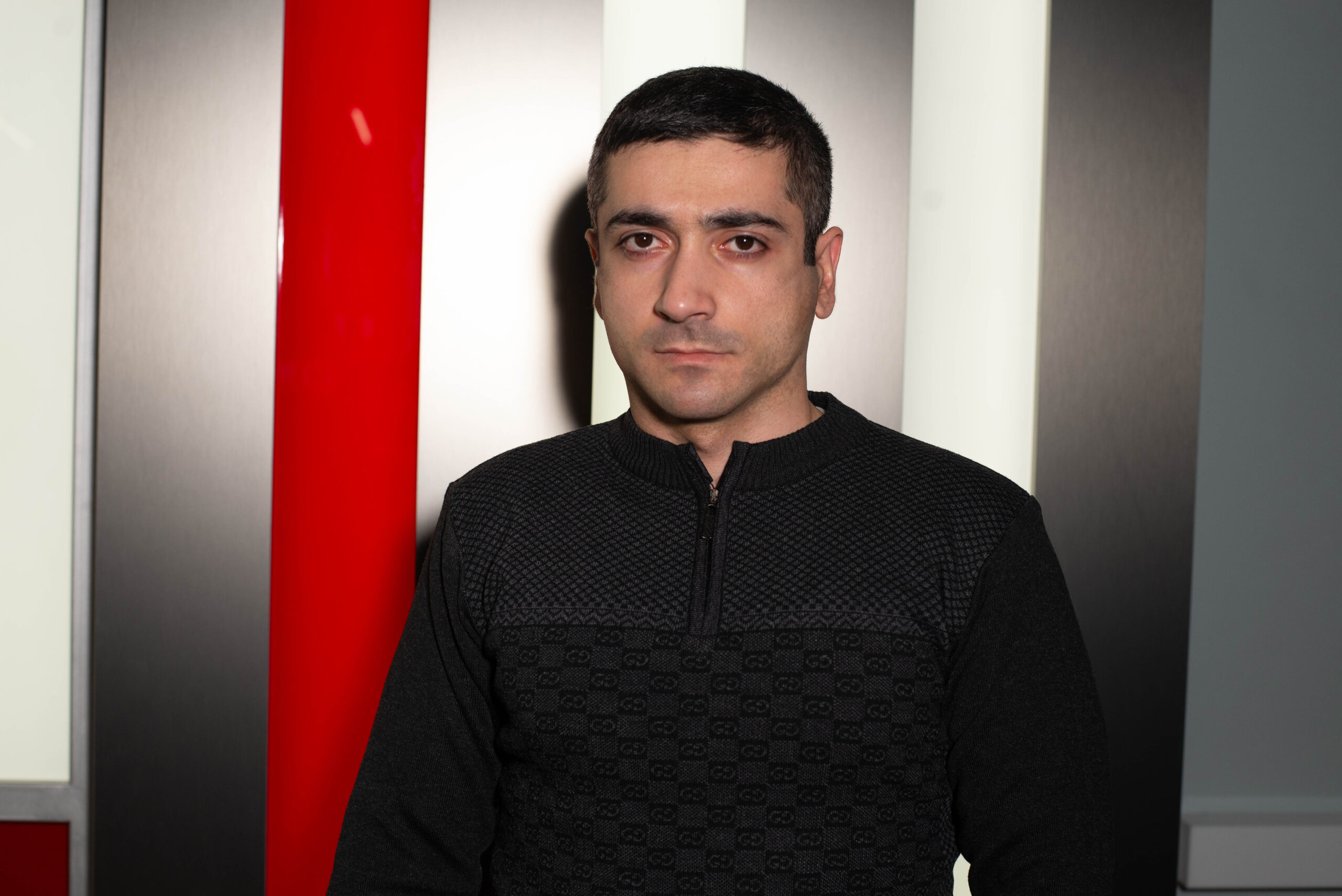
The US is making the 5th-generation fighter jets available to Turkey: Why?
The U.S. may make the fifth-generation F-35 multirole fighters available to Turkey. In exchange, Russian-made S-400 surface-to-air missile systems should be transferred to third countries. Under Secretary of State for Political Affairs Victoria Nuland said this during her visit to Istanbul. Turkish Foreign Minister Hakan Fidan did not rule out the possibility that Turkey may agree to this option.
In 2019, when Ankara bought the S-400 systems from Moscow, Washington removed Turkey from the newest F-35 fighters’ supply program. The White House reasoned that Russia could use the S-400 systems to secretly collect information about Western defense systems, including the F-35s. This statement sounded strange as Greece and other Eastern European countries have Russian air defense systems as well, including S-400s. However, surprisingly, these countries were not refused supply of F-35s. In the Kremlin this was perceived as a victory of Russian diplomacy, which could drive Turkey away from NATO.
According to Hüseyin Bağcı, an analyst of the Turkish Foreign Policy Institute, Turkey’s purchase of S-400s was a result of deep political disagreements with Washington. Bağcı claims that Ankara suspected the U.S. was also involved in the failed coup in Turkey in 2016. According to him, Turkey needed the S-400s to strengthen its position in negotiations with Washington. In this regard two questions arise: In what way could the Russian S-400 systems help Turkey, and what negotiating positions are we talking about? If we assume that the U.S. was really involved in the drastic step of mounting a coup in Turkey, this will only attest to the fact that every negotiation process with Ankara had already collapsed for some reason. Thus, Turkey’s acquisition of defense systems from the U.S. adversary, Russia, would not strengthen Ankara’s position in negotiations with Washington, but would have the opposite effect: The U.S. would think the Turkish authorities were really not that reliable and that they were going to change the country’s political line.
Onur İşçi, an associate professor at Kadir Has University, expressed another opinion. According to the expert, Erdogan’s administration finally realized that the S-400 purchase was a costly and unjustified move. This viewpoint is not well grounded either. It is hard to believe that Turkey, being a NATO member and having access to Western technologies, would lack the foresight and would take such a risky step to the detriment of its relations with the U.S.
This and a number of other theorists believe that the relations between Turkey and the U.S. began to improve in the wake of Ankara’s approval of Sweden’s accession to NATO. With this in mind, theorists claim that the U.S. could try to again include Turkey in the F-35 program. This viewpoint could be considered only in case we fail to study the chronology of the events. As regards Sweden, Washington had already agreed to supply Ankara with F-16 fighter jets; thus, there was no need to make new concessions regarding the F-35s. The only reasonable explanation for this could be that there had been a secret deal between Turkey and the U.S. regarding the S-400s. We should not forget that Russia lost no opportunity to advertise its latest S-400 systems. Thus, the West, in particular the U.S., may have been interested in the capacity that systems have. Therefore, the U.S. started a political game with Turkey, under which Turkey, seemingly being in deep disagreements with the U.S., would try to play its own game, and the purchase of the S-400s from Russia should have been the basis for this. Ankara bought four S-400 surface-to-air missile batteries from Moscow. This was a great opportunity for the U.S. to study the S-400 systems and understand the capacity of a few batteries. Thus, they would form an idea about the overall Russian defense capability. Let us note that the U.S., along with NATO, enjoys air superiority over Russia: according to Global Firepower, 22,000 units against 4,206 Russian ones. But according to various analytical sources, the Russian air defense systems have greater diversity, and this is where the Russian side holds the balance of power with NATO. The S-400s are of paramount importance for the Russian air defense system; thus, it stands to reason that the U.S. would be interested in the S-400s.
During her visit to Istanbul, Nuland also stated that in case Washington’s proposal is accepted, Turkey will have to transfer the Russian systems to third countries. According to various sources, such countries could be Azerbaijan, Qatar, Libya or others, depending on the improvement of relations with the U.S. And by saying “another country depending on the improvement of relations with the U.S., they may mean Ukraine; in fact, this could cause a real diplomatic scandal. In general, handing over weapons to a third country is a violation of an international agreement. However, the U.S. has now lost interest in the S-400s, and Turkey, with the backing of Washington, is ready to take that step. After all, many have been the cases, when one of the parties, advancing its political interests, violated its obligations under international agreements. As a matter of fact, Turkey seems to have extensive experience in this regard.
Ashot Barekyan


